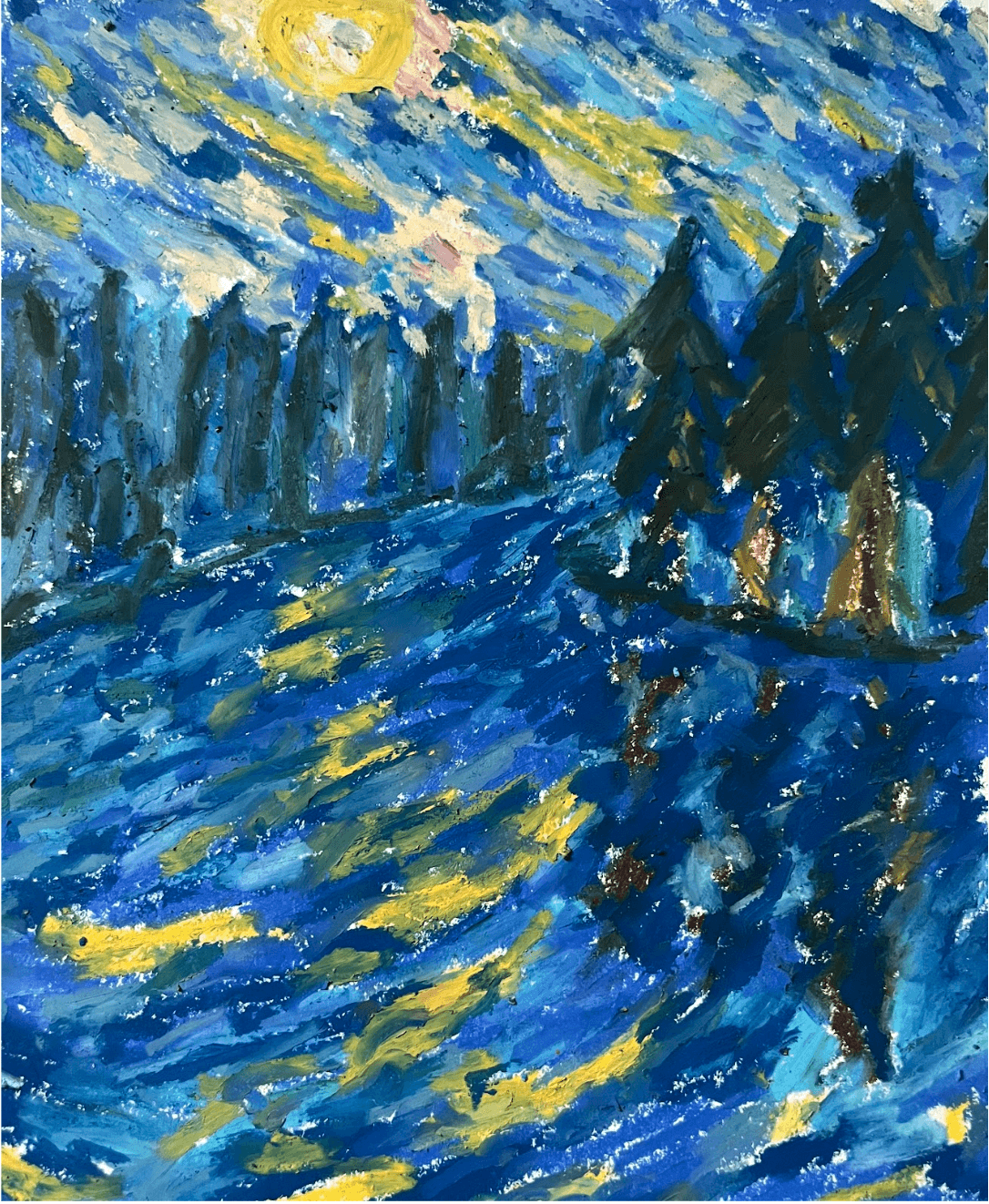Although Slichot may not trace its roots back to the ancient times of the Temple, nor hold the significance of codified law, it has nonetheless emerged as one of the High Holiday’s most anticipated traditions. During Slichot, which translates to “forgiveness”, penitential poems are recited late into the night or in the morning before Shacharit.
These supplications are interrupted with the sounds of the Shofar and God’s thirteen attributes of mercy. These prayers serve as a spiritual warm up, preparing us to go through the process of Teshuva during the days of Awe and engage in reflection before the start of the new year. Throughout history, Ashkenazi and Sephardic communities have developed unique sets of poems and set them to tunes in order to make the service meaningful for their differing communities.
The collective vulnerability of Teshuva evokes a heavy atmosphere of deep seriousness and introspection, but is also accompanied by musical spirit. At Olami Montreal, a Jewish organization that offers educational, spiritual, and community services for Jewish youth in Côte Saint-Luc, the seemingly conflicting elements of music and introspection united to create a beautiful spiritual experience.
Led by a group of Paytanim (writers or performers of Jewish liturgical poems) well versed in Sephardic-style Slichot, over a hundred people took part in Olami’s Slichot from 12:30 AM until 2:00 AM. The Sephardic Slichot melodies, derived from the Arabic system of scales and modes known as Maqamat, were sometimes backed by a percussionist who played the darbuka, a Middle Eastern drum which gave the rather introspective and serious tunes a joyful and rhythmic feel.
The serious mood of Slichot is reflected in the well-known Sephardic Slichot poem Ben Adam, Ma Lekha Nirdam (“Man, Man, Woman! Why do you sleep?”). The poem’s opening line echoes the book of Jonah, in which a ship’s captain rebukes Jonah for sleeping while the ship is threatened by a storm sent by God. The poem’s message reproaches those who should change their ways and make penance, but instead turn away. Slichot carries the message of this poem, reprimanding us for sleeping through our mistakes and reminding us that we can and must wake up and do what is right.
The expressiveness of musical tradition also tinged Aneinu, another intense poem in the Sephardic Slichot service. During its recitation, a soloist sings the first part of each verse in an elongated, improvised, yet virtuosic manner, after which the congregation collectively sings a repeating refrain.
Traditionally, each verse is taken by a different soloist. However, because there is rarely a predetermined order, sometimes multiple people step forward. Thus, a competition between soloists ensues, and a split-second decision is made about whether to keep going or to let the other take the verse. This can be an especially tense moment when one of the “competitors” is an older member of the community, expecting respect in the form of a solo in that specific verse.
Olami Montreal’s Slichot service was sprinkled with these moments; their light competitive feel brought comedic relief to the otherwise somber mood. But beyond breaking the tension, this playful struggle for power echoes the deeper work of Slichot and Teshuva: confronting one’s own pride and becoming more grounded in humility.
At another Slichot gathering, a few young Montrealers gathered in a park to sing as a group of friends. Uniquely, the group sang some Slichot written in Arabic that come from the tradition of Slichot in North African Jewish communities.
Slichot is recited in many variations, even across the Montreal Jewish community. No matter the variation, all Slichot services solemnly set the stage for reflection, practising tradition, and valuing community upon entering the new year.
Powered by Froala Editor




-Rw6S8LUJydsxGP3vZqaNoKW9NkEoHG.png&w=640&q=75)